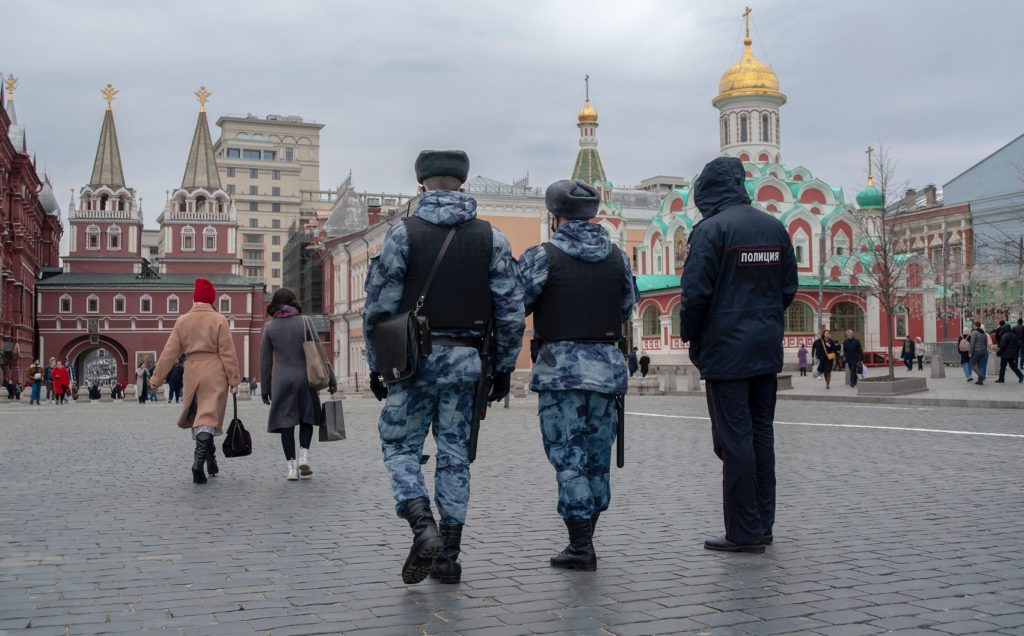Covid Anniversary Blog

The COVID-19 pandemic has provided us with insights into different political regimes’ responses to what is now a prolonged, unpredictable, and difficult to manage crisis.
Parts of Eastern Europe had initially been considered as the models for how to respond to the pandemic. Nearly a year on, with cases surging and the state struggling to control the pandemic, this no longer holds.
In the Russian Federation, despite bringing the worlds first COVID-19 vaccine to market, the state has struggled to deal with the sluggish domestic take up and so it has failed to make a discernible impact on cases. This might be a surprise given the assumption that in authoritarian contexts, individuals are not only more accepting of restrictions of their individual freedoms but that the state is often more strict at enforcing compliance. One could have assumed that authoritarian regimes might have put to use their expansion of individual surveillance under the guise of combatting COVID-19, to encourage or even enforce vaccinations. Even if this failed, national pride at its scientific achievement would surely have had people queuing up to be vaccinated, but it seems not to be the case.
The nature of state-society relations might help us consider some of the issues impacting vaccine take-up rates. In the Russian Federation, political, legislative, financial and cultural limits impact the ability and reach of third sector groups to mobilise the public. In addition, the state’s, often arbitrary, use of institutions such as the judiciary, is unconducive to building public trust in such institutions.
Yet a successful vaccination programme requires both trust and mobilisation.
This is particularly true for mobilising and engaging hard-to-reach segments of society, a task and role that NPOs tend to perform much better than state institutions. Can third sector groups play a role in this process, given the restrictive context they operate in? If they do, will this enable them to receive concessions from the state with regards to the activities they can engage in? Could this lead to a reshaping of state-society relations?
A year on, answers to questions around the future shape of state-society relations in an authoritarian context remain unclear. It is too early to tell whether or not third sector groups in an authoritarian context such as Russia will be able to take advantage of arising opportunities to reshape their relationship with the state.
The imprisonment of critics such as Alexander Navalny suggests that the Russian state is not overtly open to reshaping state-society relations at the national level. However, as stated a year ago, things might play out different at local and regional levels – and thus present opportunities for change.
Dr Sergej Ljubownikow is a lecturer in Strategic Management at Sheffield Management School. He is an expert scholar in Russian civil society development and an ISR Visiting Fellow.
Photo by Ivan Lapyrin on Unsplash
